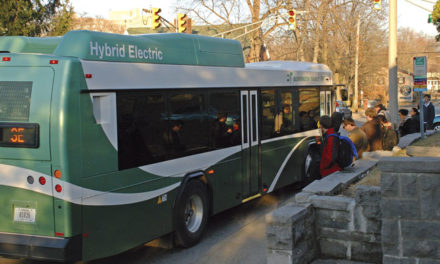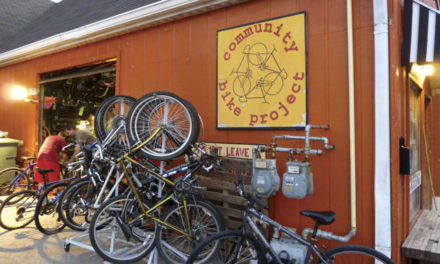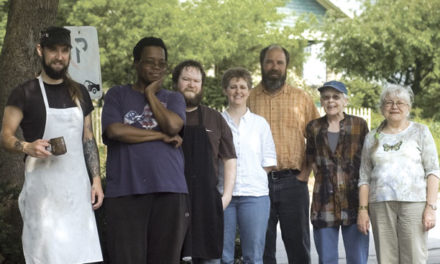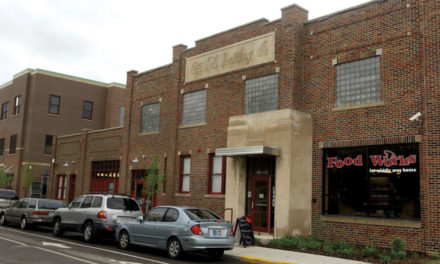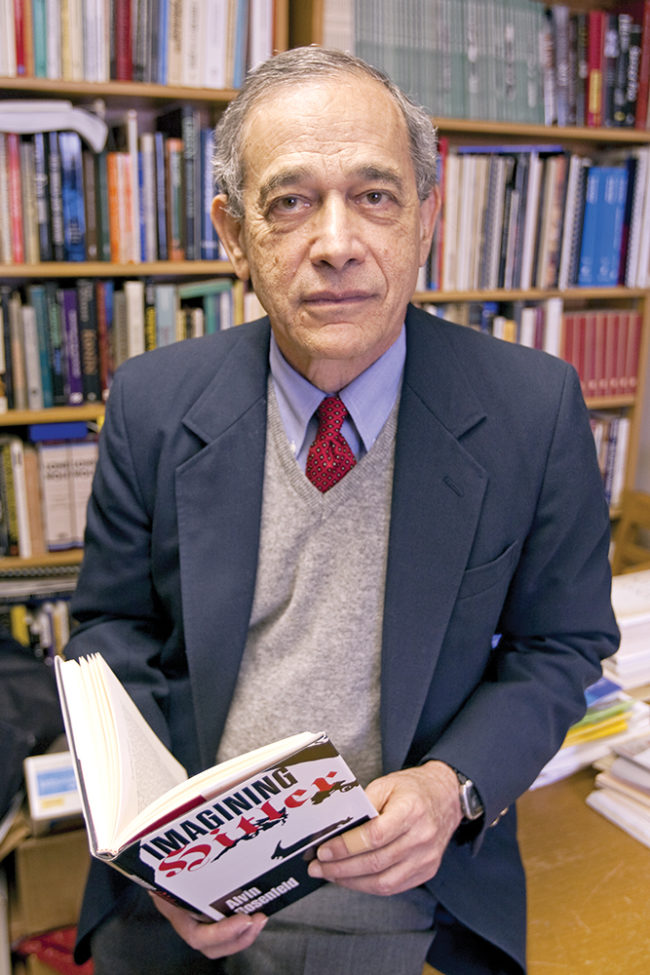
BY SUSAN M. BRACKNEY
Desecrated graves, bomb threats, and scrawled swastikas aren’t new, but in recent years there has been a marked increase of attacks on Jewish communities in the United States. In its annual Audit of Anti-Semitic Incidents, the Anti-Defamation League (ADL) reports incidents for 2017 rose 57 percent compared to 2016. What’s more, the authors note, the 2017 statistics represent “the largest single-year increase on record and the second-highest number reported since ADL started tracking such data in 1979.”
That statement was issued before October 2018, when a gunman entered a Pittsburgh synagogue, fatally shooting 11 worshippers in what was the deadliest attack on a Jewish community ever in the U.S.
“We thought hatred of Jews would have come to an end once news of the Nazi Holocaust was well known,” says Alvin Rosenfeld, director of the Indiana University Institute for the Study of Contemporary Antisemitism (ISCA). “But, the fact is, it’s recurring. Not at the level of Hitler’s Germany, but there’s a very aggressive spirit today directed at many different groups.”
Now in his 50th year at IU, Rosenfeld is a professor of English and Jewish Studies. He founded the ISCA in 2009 to help contend with what’s been called “the longest hatred.” Besides courses, lectures, and the publication of a leading anti-Semitism studies journal, the institute periodically hosts academic conferences. “We’re going to have a big one in March, which will bring 50 or 60 scholars on the subject from 15 different countries,” Rosenfeld says.
Like the institute itself, the conference is one of a kind. “There’s not another university in the whole country doing anything remotely like this,” Rosenfeld says. First held in 2011, this is the fifth time the conference has convened. He adds that the event enables scholars of anti-Semitism to discuss “what’s going on, why it’s going on, who’s behind it, and what might be done to help mitigate some of the harm it does.”
Although the conference is closed to the public, its keynote address is open to all. Katharina von Schnurbein, European Commission Coordinator on Combating Antisemitism, will speak on March 24 at 8 p.m. in the Indiana Memorial Union Whittenberger Auditorium.
No matter where or when anti-Semitism surfaces, vigilance, education, and leadership may be effective antidotes, says Rosenfeld. “People at the highest levels of political life, cultural life, religious life need to raise their voices and speak out against intolerance and hatred of all kinds,” he concludes.
Visit isca.indiana.edu for more information.


